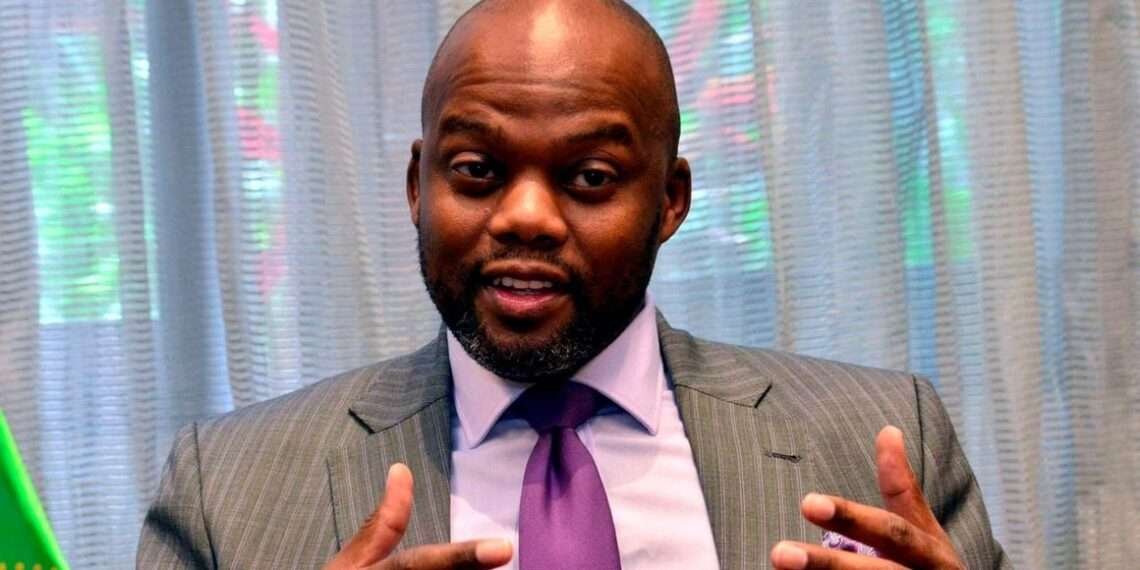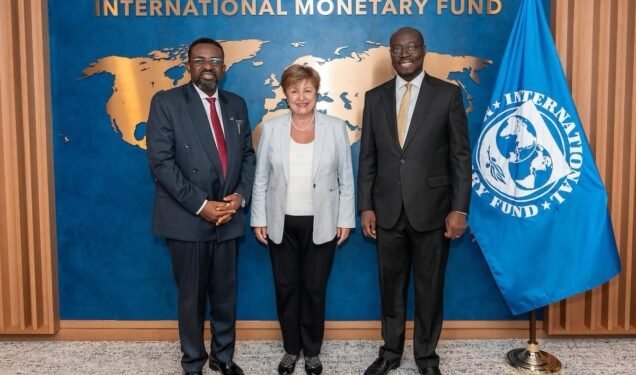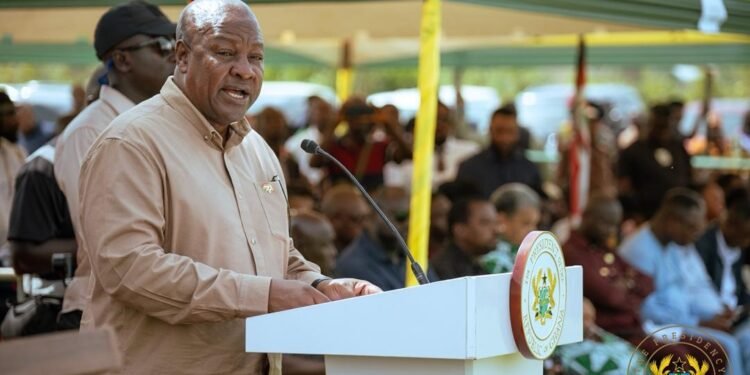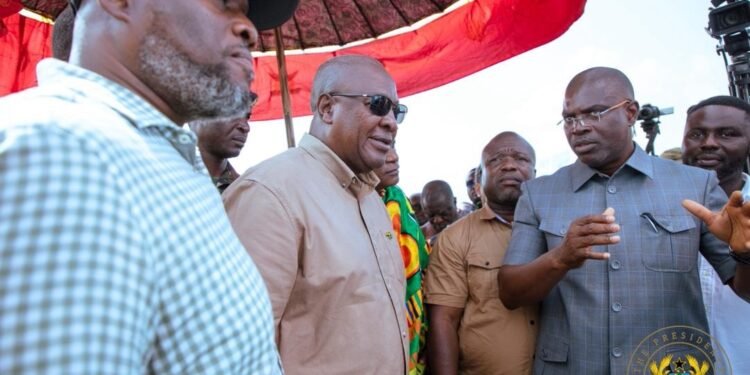African Continental Free Trade Area (AfCFTA) Secretary-General, Wamkele Mene, commenting on the African Union’s (AU) approval of AfCFTA draft protocols on investment, intellectual property rights and competition policy, has indicated that the approval paves way for its implementations and for more trade.
According to the AfCFTA Secretary-General, the move signals conclusion of the AfCFTA Phases I and II protocols that provide a legal basis for the start of trading and gives members the greenlight to domesticate the protocols.
“The protocol is a one-of-a kind legal instrument that seeks to address challenges that young people as entrepreneurs and traders face through legally binding commitments,” said AfCFTA Secretary General at the first African Union Youth Town Hall meeting on the back of the 36th Assembly Session in Addis Ababa, Ethiopia.
Mene noted that the Secretariat has undertaken programs for the past two years and would continue to undertake extensive consultations of women and youth on the challenges they were facing when trading across the continent; and on the key elements that needed to be included in the protocol and its implementation once negotiations are concluded.
Meanwhile, Ghana, following Tanzania and Kenya, begun a test phase of commercial activities under AfCFTA, more than six months after the launch of the project.
Eliminating Tariffs on Goods
Under the protocol on Trade in Goods, state parties committed to reduce tariffs on 90 percent of goods traded amongst themselves in equal annual instalments until they are eliminated within five years for non-least developed countries (non-LDCs) and 10 years for least developed countries (LDCs).
For an additional seven percent of ‘sensitive’ goods, tariffs will be eliminated within 10 years for non-LDCs and 13 years for LDCs. As of February 2023, 46 provisional schedules of tariff concession have been submitted by member states.
Under Phase II, finalisation of the Protocol on Women and Youth in Trade and Digital Trade will be concluded later in 2023.
Phase I of the AfCFTA Agreement consists of protocols on trade, goods and services, and rules/procedures on settlement of disputes.
However, it will take some time for all the required ratifications to be processed with regard to national constitutional requirements for enforcing new protocols.
It can be recalled that Heads of state of the Africa Union (AU) unanimously adopted the Action Compact of the maiden edition of the Africa Prosperity Dialogues (APD), which took place in Ghana involving the continent’s private sector in the implementation of the Africa Continental Free Trade Area.
The AU fully endorsed the shared ownership approach initiated by the Africa Prosperity Network in partnership with the AfCFTA Secretariat and the Government of Ghana, the host nation of the AfCFTA Secretariat.
Part of the Action Compact adopted by the AU reads: “We African Business Executives, Senior Policymakers, Business Associations, Government Ministers, Senior Officials from the African Continental Free Trade Area (AfCFTA) Secretariat, Technocrats, Women and Young Entrepreneurs, met at The Presidential and Business Executives Dialogue held at the Peduase Lodge, Peduase, Eastern Region, Ghana, on the 28 January 2023. The dialogue was convened under the auspices of H.E. Nana Addo Dankwa Akufo-Addo, President of the Republic of Ghana under the theme ‘AfCFTA: From Ambition to Action – Delivering Prosperity Through Continental Trade”.
“The Assembly takes note of the executive council recommendations for the consideration and adopts the following Draft Legal Instruments: draft protocol to the agreement establishing the AfCFTA Competition Policy, Investment and on Intellectual Property Rights (IPR),” the AU Communique reads.
READ ALSO: Health Minister Disrespectfully Refused To Attend To Invitation Of Committee- Muntaka























